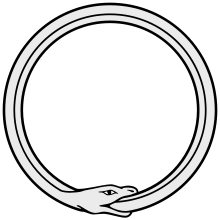The seemingly transparent nature of the connections and network formations we make on these platforms is entirely contradicted by the impossibility for any one user to understand or visualise in a meaningful way their own community structure. This ability instead is restricted by internal datasets owned exclusively by the platform used. Thus the opportunity to learn or improve the networks that facilitate our friendship circles, social scenes and the groupings that constitute the production of discourse are grossly comprised. Online social networks of this order though are a distraction from what a networks perspective can reveal to us about how we actually relate to one another.
The Survey.
This survey asks you to answer a series of questions based on your own subjectivity and motives, it also asks that you add names of individuals you hold an affiliation with, those names will then be permanently added to the form for others to identify with. ATARAXIA: Survey #1 is an experiment in building a publicly owned dataset capable of rendering visualisations of our connections to each other, an attempt to make visible the ties we hold and the factors that might contribute to those groupings. This dataset will be generated over the course of a two-month process of data collection. It will represent a short timeframe, a fragment, mirroring the way network-induced relationships and groupings are in an inevitable state of flux.

A note on networks.
"Networks are not a thing, they are a way of understanding and representing the world. A social networks perspective seeks to understand the way in which discrete units – nodes – are connected and affected by the relationships between them."In the social network this survey seeks to visualise our nodes will be people and their connections are those expressed explicitly by individuals contributing information. Thus the networks highlighted will be networks of personal affinity.